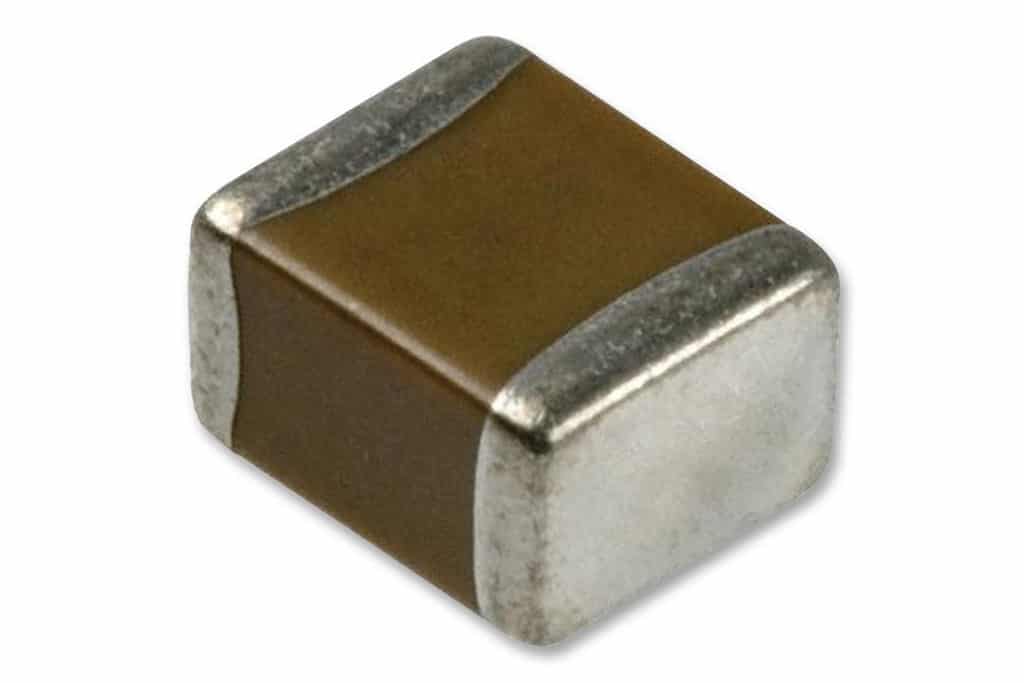Source: DigiTimes news
The world’s top-tier passive component makers will continue to focus production on medium- and high-capacitance MLCCs for industrial control and automotive applications in 2019 to meet robust demand, and Taiwan suppliers are expected to see their shipments of lower-capacitance consumer MLCCs pick up gradually in the second half of the year, according to industry sources.
In view that demand for higher-capacitance MLCCs for 5G, AI and automotive electronics applications will turn strong in the next few years, South Korea’s Samsung Electro-Mechanics and Japan’s Murata, Taiyo Yuden and TDK have enhanced their mid- and long-term deployments in developing and manufacturing high-end MLCCs with high added-value, the sources said.
While 1,000 consumer MLCCs are needed for one smartphone, one next-generation vehicle will require as many as 10,000 high-capacitance MLCCs and 5G communication applications will spawn ever-larger demand for higher-end MLCCs. Accordingly, internationally leading makers will not miss the ensuing immense business opportunities, the sources commented.
With double-digit price downward adjustments for consumer MLCCs, major international MLCC suppliers are actively proceeding with their capacity expansions for medium and high-capacitance MLCCs. SEMCO, for instance, is reportedly to convert Samsung’s smartphone plant in Tianjin, China – which was closed at the end of 2018 – into an auto-use MLCC production facility.
On another front, Taiwan MLCC makers Yageo, Walsin Technology and Holy Stone are aggressively developing MLCCs for application to non-dynamic systems of automobiles and industry control devices. They are all moving to enforce flexible capacity expansions to meet likely pickups in demand for such MLCCs and consumer MLCCs, seen to start in mid-2019.
Among them, Yageo is also actively seeking overseas acquisitions to boost international competitiveness. In October 2018, the company acquired Pulse Electronics, a US-based maker of magnetic and electronic components, for US$740 million, with Tesla, Intel and Apple among Pulse’s clients.
